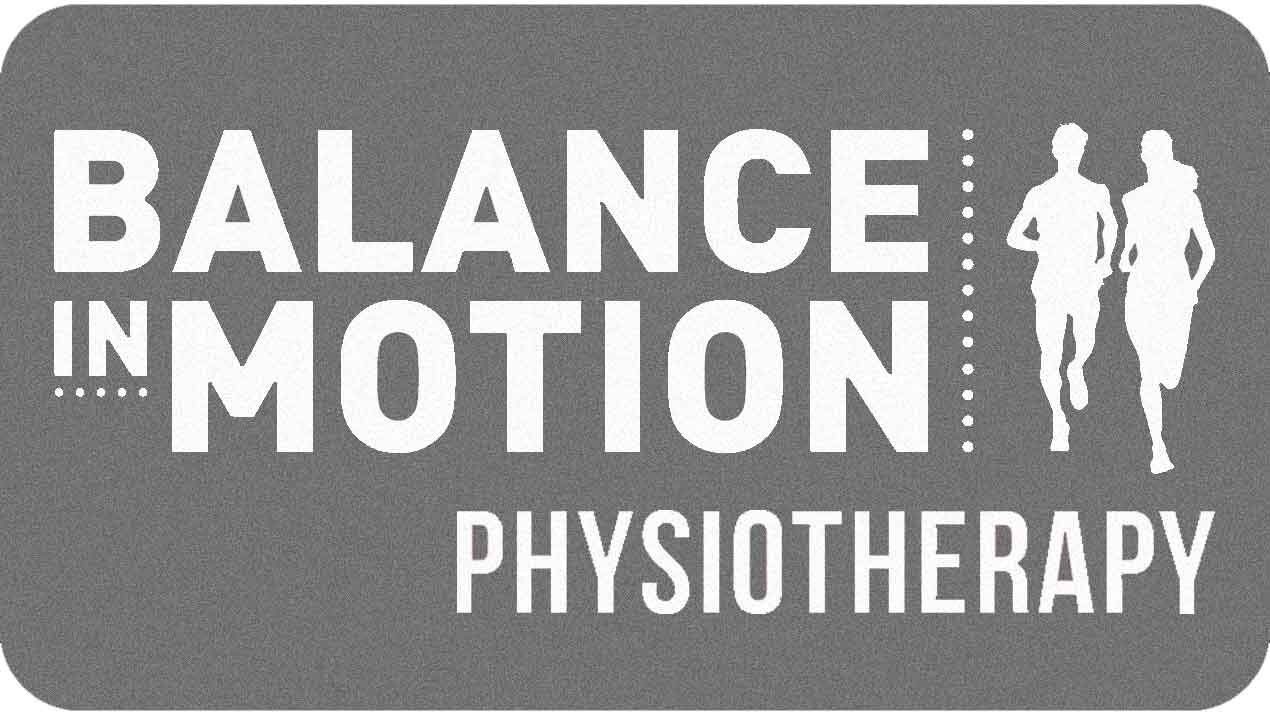How to Pace Your Next Triathlon
/In the world of long-distance triathlon success rarely favors the reckless. After suffering through my own challenges and helping others to realise their goals, one truth remains constant: those who pace their training wisely, finish stronger and healthier.
A structured training block for an Ironman or half-Ironman can span 12 to 24 weeks, blending periods of volume, intensity, and crucially recovery. But one of the most common pitfalls I’ve seen, especially among time-crunched age-groupers, is the temptation to work too hard too early in their training program, mistaking fatigue for progress. What is the result of this training overload? Burnout, injuries, or missed training weeks just when it matters most.
That’s where a physiotherapist becomes an invaluable part of your support team, not just a problem-solver, but a performance partner. Consulting a physio early in your training block allows for a detailed assessment of your movement patterns, strength imbalances, and previous injury risks. This insight helps set realistic pacing goals that match your current physical state, not just your ambition.
Midway through training is a critical checkpoint. As load increases and fatigue accumulates, even minor issues, like tight hip flexors or altered run gait, can escalate. A skilled physiotherapist can spot these red flags before they turn into full-blown injuries. Our feedback can help adjust your training intensity and volume without derailing your plan.
Here are some key questions to ask your physio to keep your pacing on point:
“Am I showing signs of overtraining?”
“Are there imbalances or weaknesses that could affect my endurance or pacing?”
“What adjustments should I make to my weekly volume based on how my body is responding?”
“How can I maintain form under fatigue?”
“What recovery tools or techniques should I be using more often?”
By Building a relationship with your physiotherapist throughout your training block, not just when something goes wrong, you give yourself the best chance of reaching race day strong, resilient, and prepared to perform. Because in triathlon, pacing isn’t just about your watch, it’s about understanding your body, listening to it, and working with the right people to get you to the finish line.
Seb Hardy

